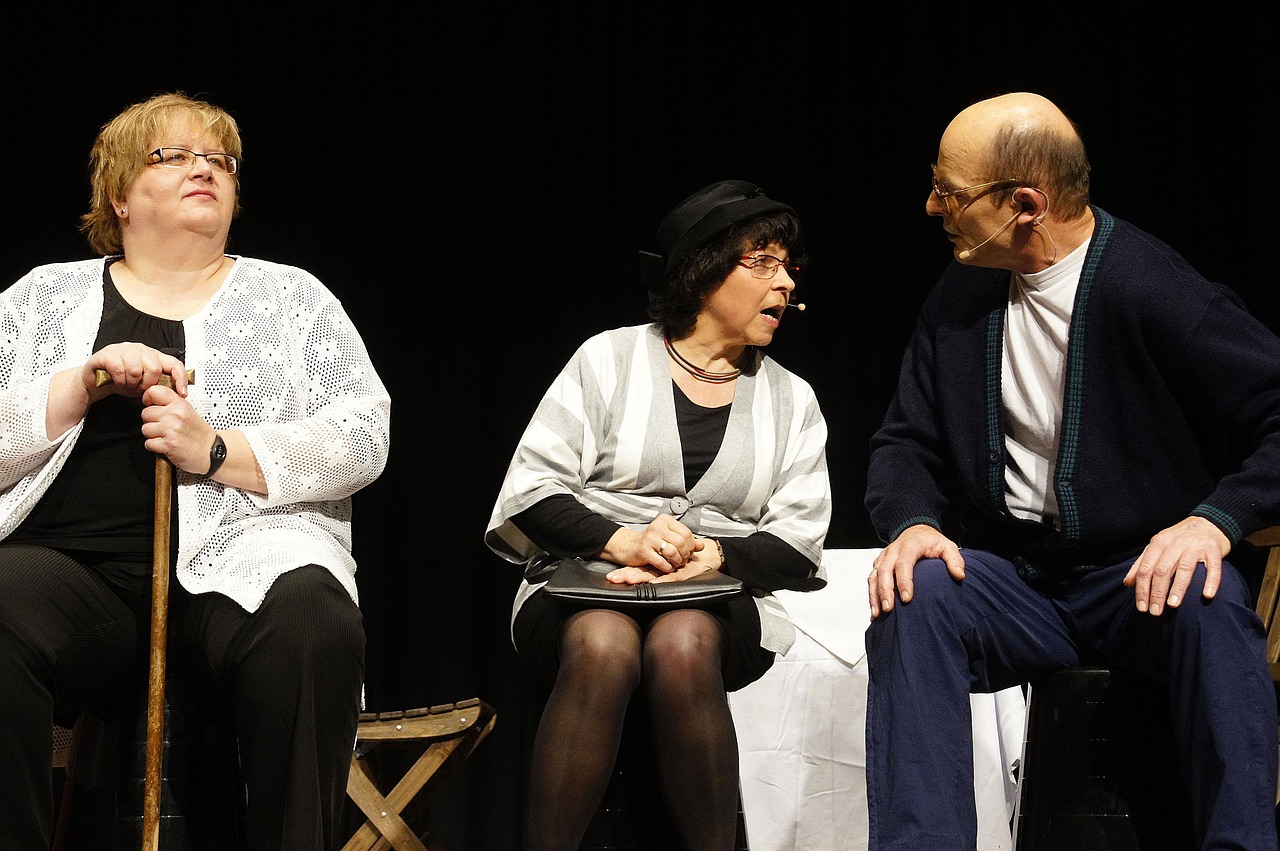
Practice scripts are textual frameworks designed for actors to rehearse. They span a spectrum from monologues to elaborate scenes, encapsulating a myriad of emotions, characters, and circumstances. While many are excerpts from renowned plays or films, others are tailor-made with the singular purpose of assisting actors in refining their skills. The importance of these scripts cannot be understated. They serve as a medium for skill refinement, offering actors a structured platform to enhance specific aspects of their craft, such as dialogue delivery, emotional articulation, or physical gestures. Moreover, by exposing actors to a plethora of genres and characters, practice scripts inherently foster versatility. This extensive engagement ensures that actors are equipped to tackle a diverse range of roles with authenticity and depth.
Diving into the world of acting requires a toolkit of emotions, expressions, and adaptability. Practice scripts for actors serve as the perfect playground to explore diverse scenarios and hone their craft. From mystery-filled alleys to spaceships exploring the unknown, every script is a world in itself. Here are some sample practice scripts spanning different genres and emotions:
Scene: A train station. Anna stands with a letter in hand, facing Robert, who is about to board a train. Anna: “You promised you’d stay.” Robert: “Some promises are harder to keep.” Anna: “So, this letter? Your way of saying goodbye?” Robert: “I thought it’d be easier.” Anna: “Easier? Watching you leave or leaving me behind?”
Scene: A kitchen. Ben looks baffled, staring at an empty plate, with Jenny trying to suppress her laughter. Ben: “I swear, the pie was right here!” Jenny: “Maybe it grew legs?” Ben: “This isn’t a time for jokes!” Jenny: “Or maybe someone with two legs sneaked a bite… or ten.”
Scene: A grand palace room. Queen Isabella, poised, addressing her council. Queen Isabella: “The kingdom will prosper, but only with unity.” Councilman Edgar: “But your highness, the north rebels.” Queen Isabella: “Then we don’t crush. We converse.”
Scene: A dimly lit room. Clara sits at a table, an unopened letter before her. Detective Miles enters, eyeing it curiously. Clara: “It’s been there for days.” Miles: “Aren’t you curious?” Clara: “Terrified might be the right word.” Miles: “Every letter tells a story, Clara. What are you afraid of?”
Scene: The control room of a spaceship. Captain Lorne is staring out into the cosmos. First Officer Vega approaches. Lorne: “Ever wonder what’s beyond that nebula?” Vega: “Beyond known space? Could be anything.” Lorne: “That’s the allure, Vega. The thrill of the unknown.”
Scene: A busy cafe. Elise sips her coffee and realizes it’s not hers. She looks over to Mark, who has made the same realization. Elise: “Hazelnut with almond milk?” Mark: “I believe you have my chocolate macchiato.” Elise: “Guess we have more in common than just our taste in cafes.”
Scene: A dark alley. Liam hurriedly walks through when an old woman, Mira, blocks his path. Liam: “Please, let me pass.” Mira: “Beware the full moon, young man.” Liam: “What? Why?” Mira: “Not all shadows are friendly.”
Navigating through the journey of acting with practice scripts can be akin to an artist with a blank canvas. While the script provides the structure, how an actor interacts with it determines the masterpiece they create. To ensure that this interaction is enriching, here are detailed guidelines on using practice scripts to their utmost potential:
Before diving into the lines, spend time understanding the very soul of the character. What are their dreams, fears, past traumas, or ambitions? This isn’t just about the written words but reading between the lines to grasp their essence. Such an in-depth analysis ensures that the portrayal isn’t just skin deep but resonates with authenticity and depth.
It’s one thing to read a script silently and another to vocalize it. Speaking the dialogue out loud helps in understanding their rhythm, pitch, and tone. It’s a sensory experience where the tongue navigates the words, the ears pick up the auditory cues, and the mind processes the emotions. This multi-faceted engagement embeds the script deeper into the actor’s memory and being.
In today’s digital age, one’s best critique can often be oneself. By recording practice sessions, an actor can play back and observe their performance. It’s an opportunity to witness body language, listen to voice modulations, and note areas that shimmer with brilliance or need further polishing. This self-reflective exercise aids in continual self-improvement.
While self-assessment is crucial, an external perspective can shed light on overlooked aspects. Trusted peers, mentors, or even acting coaches can provide insights that might escape the actor’s own notice. Their feedback, whether praise or constructive criticism, can be instrumental in fine-tuning a performance.
Acting isn’t just about delivering lines; it’s a holistic art form where the body communicates as much as the voice. Rehearse the accompanying physical movements, gestures, or facial expressions that complement the dialogues. Whether it’s a pensive hand on the chin, an intensely furrowed brow, or a joyful skip, each movement adds another layer to the character’s portrayal.
Acting is a craft that demands dedication, passion, and continuous learning. Practice scripts for actors play a pivotal role in this journey. They not only prepare you for auditions but also mold you into a versatile and confident actor. So, embrace them, understand them, and most importantly, enjoy the process.